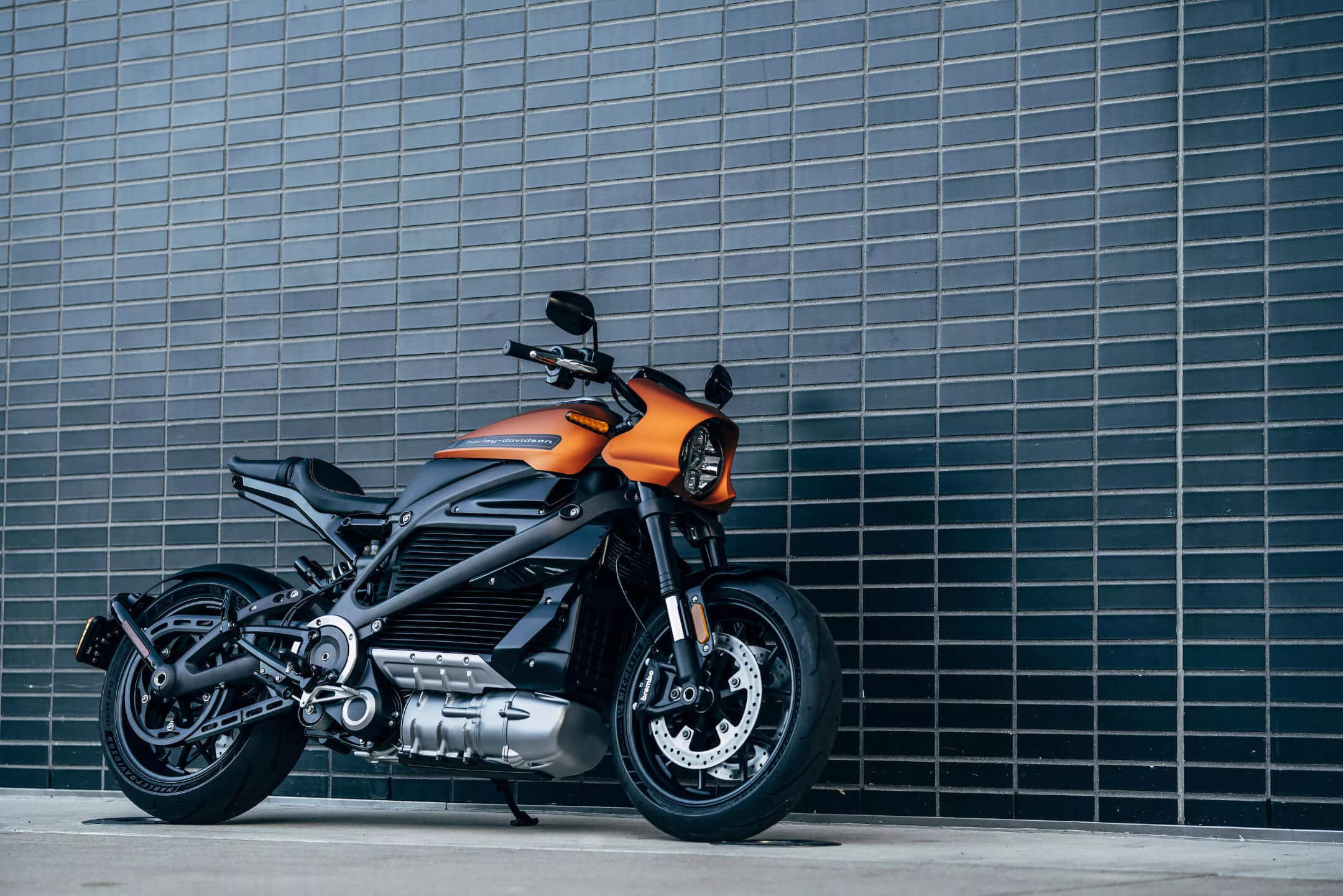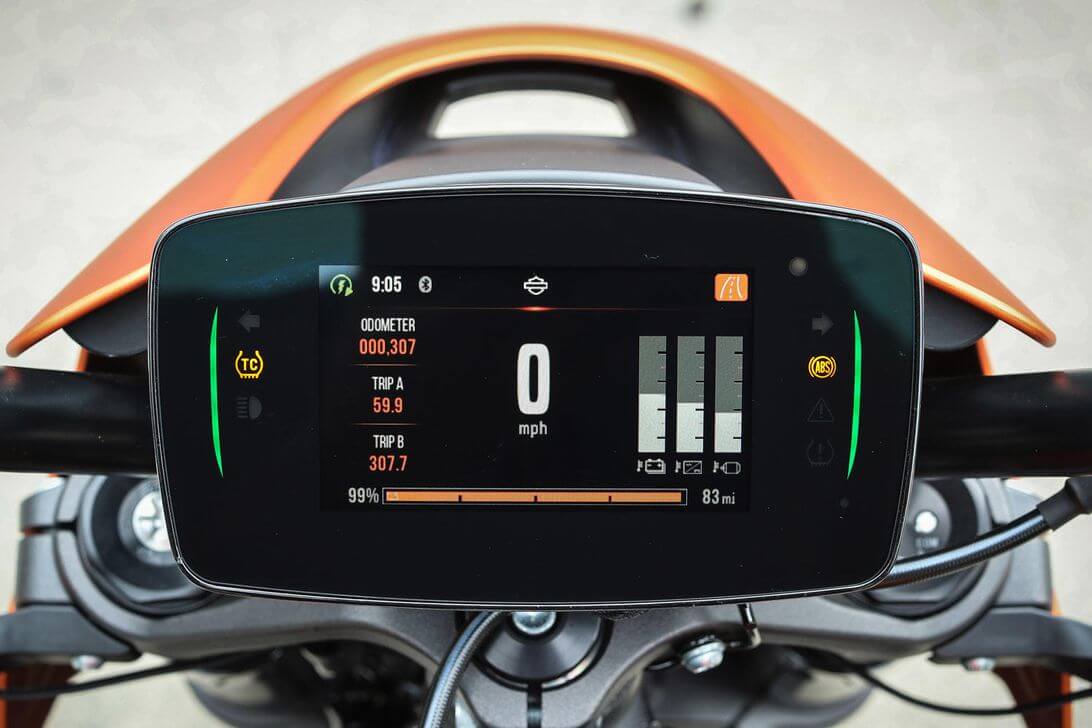What just happened? The first electrified Harley just started reaching customers in September, and now the company has halted further production of the LiveWire after finding a 'non-standard condition' during the bike's final quality check. The issue comes at a crucial time for the company when it's looking towards product diversification with an electric bike in the line-up.

Harley-Davidson started taking pre-orders for its first-ever electric bike earlier this year, and after finally shipping it to customers last month, it's now stopped production and deliveries due to a problem with the bike's charging equipment.
Although the company isn't issuing a recall and considers the LiveWire safe to ride, it has advised customers to only use ChargePoint charging stations available at its dealerships and avoid charging at home. An inconvenience nonetheless, after spending $30,000 on an electric bike.
"This is disappointing for all of us," said Michelle Kumbier, the company's chief operating officer. "We recently discovered a non-standard condition during a final quality check; stopped production and deliveries; and began additional testing and analysis, which is progressing well," noted the company, although it did not give a timeline as to when it will resume production.

The LiveWire is widely regarded as Harley-Davidson's bet to revive its declining business in the US and appeal to the next generation of younger riders, who are increasingly attracted to EVs and their positive impact on the environment.
Having to halt production due to charging problems with its first-ever electric bike doesn't bode well for the company, although it's not alone in facing electrification challenges considering that the Chinese EV startup NIO had to recall nearly 5,000 SUVs over the risk of battery fires in June this year.
The bike maker says it's in close contact with dealers and customers over the issue and has assured them that they can continue riding their LiveWires, adding that "as usual, we're keeping high quality as our top priority."


